Modern laboratories are full of amazing and powerful machines that do various kinds of analysis and processing work. From commonplace pathology labs to high-tech physics labs, Labkafe has traversed a wide swath of the laboratory industry. While we were supplying most university or institute-level laboratories, we came to note that some machines were more popular than others.
So we sat down and made a list of top 10 Common Lab Machines according to popularity. Here is that list ‒ and uses of those machines ‒ straight out of our sales books.
1. Water Distillation Machine
All laboratories need distilled water, from school level to huge research institutes. Schools may run with prepackaged DM water, but bigger or more complex labs would need a more consistent and continuous supply of distilled water. And that is where our excellent water purifiers come in.
A water distillation or purification unit generated lab-grade water, completely free of inorganic solutes, organic material, bacteria, and pyrogen. They are made of high-quality apparatus and heating elements, and come in various sizes and shapes, with different capacities and designs.
2. Weighing Machine (Precision Balances)
Almost any lab needs to prepare mixes and solutions of given precise strengths and for this, you will have to weigh various materials very precisely indeed. You can do this with Precision balances which are weighing machines for labs.
Generally, schools and colleges need precision balances that can measure precisely up to a milligram, and have capacities to measure around half a kilogram. Much more serious balances capable of measuring micrograms (literally the weight of air) are available too, called analytical balances .
3. Magnetic Stirrer
When you need to stir a liquid mix continuously but don’t want to do it by hand, use a magnetic stirrer. This lab machine has two parts ‒ a base and a stir bar. The bar is basically a small magnet coated in glass or teflon, so it doesn’t interfere with the chemicals in the flask or beaker you’ve mounted on the stirrer.
The base is essentially a small motor spinning a large magnet. You drop the stir bar in the solution, and place it on the magnetic stirrer. The spinning magnet gets a hold of the stir bar and spins it along, in the container, and so it stirs the liquid from the bottom. There are many types of magnetic stirrers available ‒ small and big, with or without a hot plate, and slow or fast.
4. Water Bath
Suppose you need to cook something at a precisely constant temperature for a long time, what do you do? You cannot keep it on the burner, the temperature will go up. But what if you put the material in water, and control the temperature of that water instead? This is essentially what a water bath does .
A laboratory water bath can heat substances slowly and keep that temperature for a long time, as long as you keep the switch on. You can also use it to heat flammable substances that one just can’t hold over a burner. They come in various capacities and capabilities such as circulating water baths or shaking water baths.
5. Incubator
Have you ever visited a poultry? The eggs there are slowly heated so that they hatch. A laboratory incubator is pretty much the same thing. It is essentially a box that provides a particular kind of environment within it, maintaining certain atmospheric conditions like temperature, humidity and gaseous mix. Some bacteria and other living stuff need that kind of precise atmosphere to grow; and you can put them in an incubator and set the climate inside accordingly to help their growth. Like most lab machines, these boxy things come in various sizes from small tabletop units to large cupboards.
6. Autoclave
An autoclave is not a lab machine that helps in doing experiments, but it is highly essential in any microbiology or medical labs anyway. Cleaning and sterilization are probably the most important part of safety in biological works, and here is where the autoclave shines supreme.
An autoclave is nothing but a beefed-up pressure cooker. Indeed, some smaller models are nothing more than a pressure cooker anyway. You place your ‘dirty’ or contaminated glassware and apparatus inside the autoclave’s pressure chamber, seal it off, and cook them in superheated steam for a while. The heat and pressure crush the life out of any lifeforms clinging to your things inside the machine, and delivers them nice and decontaminated.
7. Hot Air Oven
You cannot put everything in an autoclave. For example, what about things made of paper or similar stuff that you can’t get wet? Or maybe you want to sterilize some powder, or something that melts in water like a tablet? Or, what if the material is flammable? To sterilize such material, you have to use the dry heat as only a hot air oven can provide.
It works just like an autoclave, except here you use heated air instead of steam. This has the added benefit of generating even more heat ‒ like three hundred degrees! There is literally no living thing that will survive that kind of heat for a sustained time. An autoclave heats up plain air in a heating chamber and circulates it in the chamber, assaulting any living organism and oxidizing them into inertness.
8. Centrifuge
A centrifuge machine is basically a slanted rotating platform that can hold some tube-like glassware (or plasticware) and spin them at a high velocity so that the liquid inside them presses down hard on the bottom of the tubes. Any particles suspended in the liquid ‒ like red cells in the blood ‒ fall down in the bottom while the clear solution gathers above.
That means whenever you want to separate particles from liquids (and don’t want to wait a century to have them fall naturally), you’ll want a centrifuge . They are available in various sizes ‒ some can hold tiny milliliter-volume tubes only, some are large enough to swing a bucket ‒ sometimes quite literally.
9. Digital Potentiometer
Very common in electronics and physics labs, digital potentiometers are very useful lab machines. Such labs often have the requirement of various kinds of resistances that are often not in supply, or simply aren’t made. Or maybe circuits need to vary the load. In any of such cases, a potentiometer comes handy.
However, a standard potentiometer is a pretty unwieldy kind of device to handle. So, people have invented a digital potentiometer that is much easier to handle and frankly much more precisely controllable. They are microchip-driven and are much more resistant to dust, dirt, and rough usage.
10. Turbidity Meter
How cloudy is your liquid? Measure it quickly with a turbidity meter! A solution becomes ‘cloudy’ or ‘turbid’ when there are particles suspended in it. Like mud in the water. By measuring it, you can be sure about the quality of water, how much bacterial growth has happened, and such things.
The lab machine that does this is the turbidity meter , which basically sees how light passes through a suspension. Large particles reflect water in a certain way, and smaller ones another way. The turbidity meter senses this and thereby determines how full of suspension the given liquid is.
In a Nutshell
Modern labs of all levels use various kinds of lab machines to help them realize complex goals. Be it a chemistry lab or working with microbes, in the realms of atoms or animals, sooner or later you are going to need to use various types of laboratory machines and automated lab equipment . But where to buy lab machines?
Labkafe is an excellent supplier of important and common lab machines that come in handy in chemical labs, biochemistry or microbiology labs, pathology labs, pharmacy labs, etc. We supply 360-degree laboratory solutions ranging from lab furniture, glassware, equipment, apparatus, machines, and everything in between. Get a Free Lab Design Consultation.


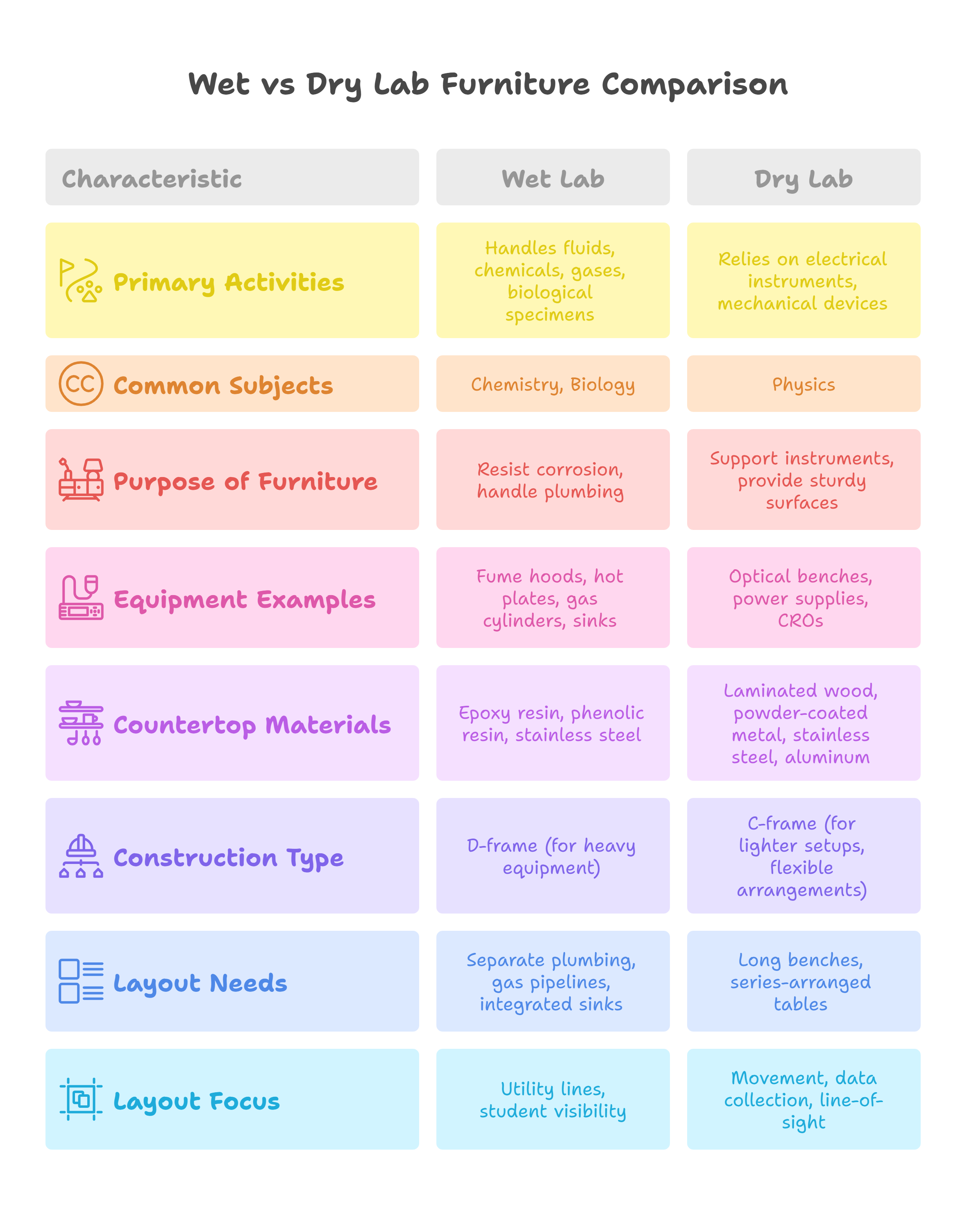
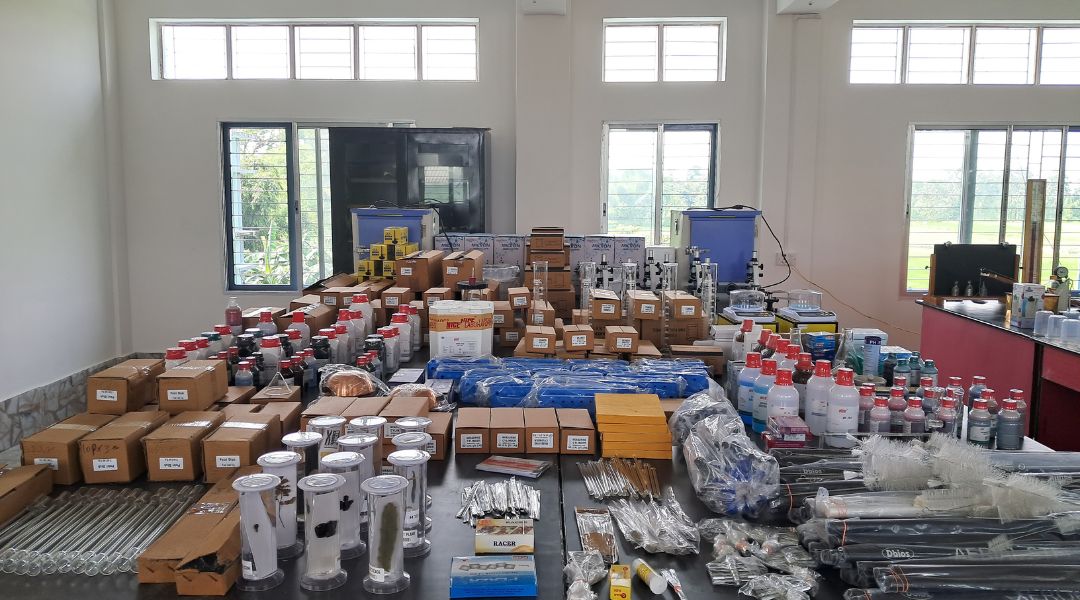
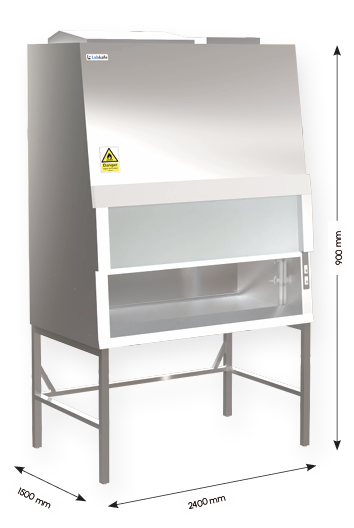
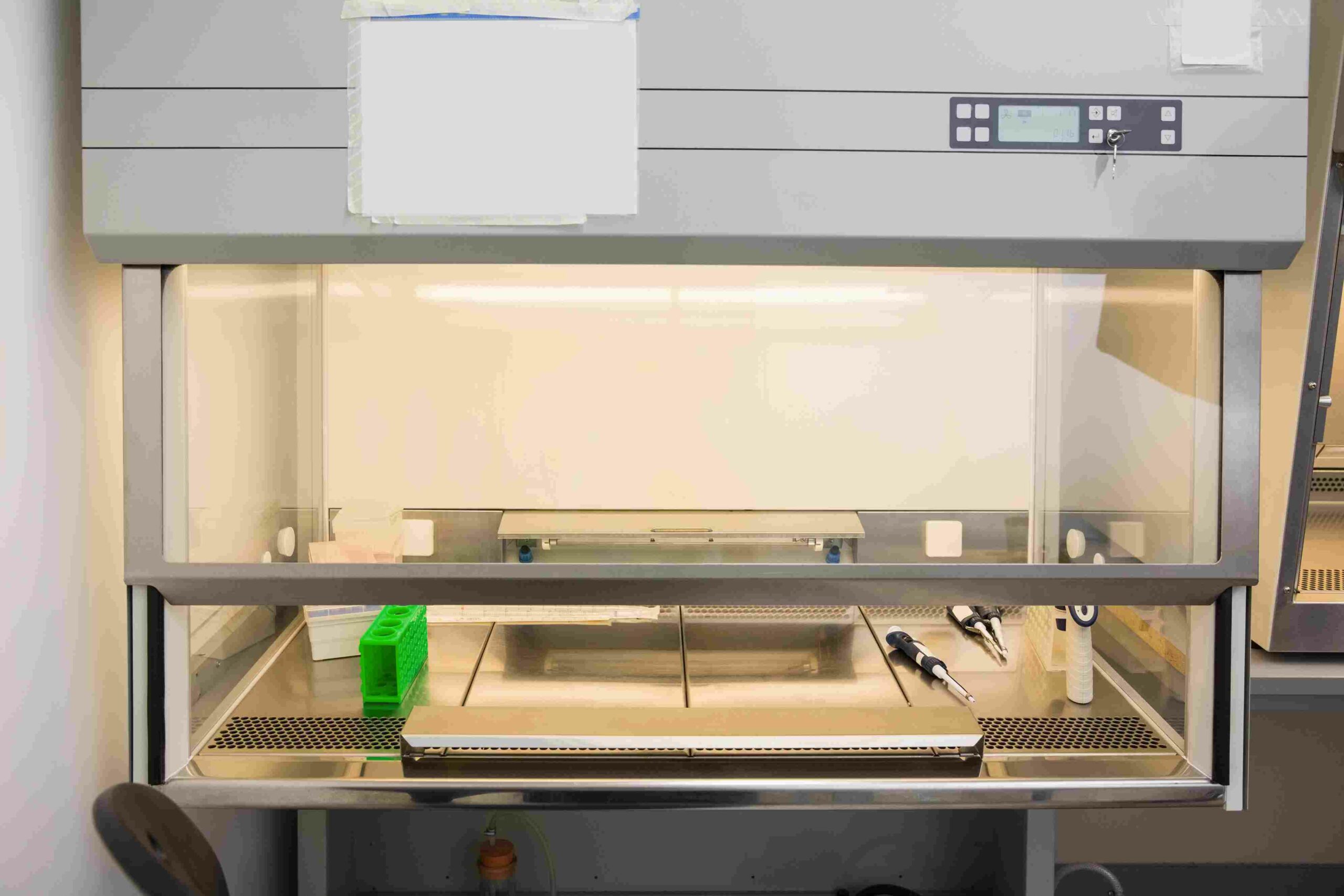
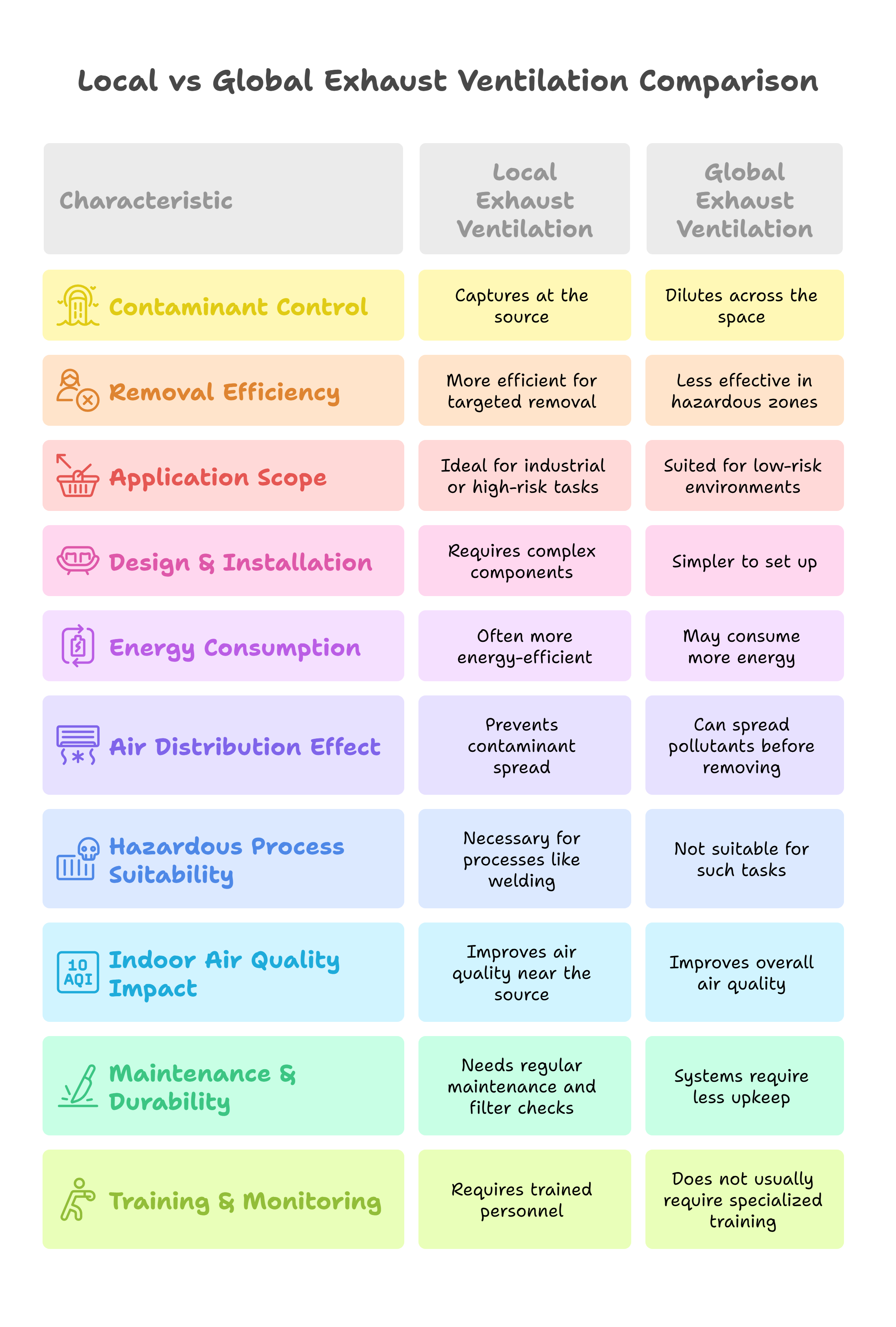

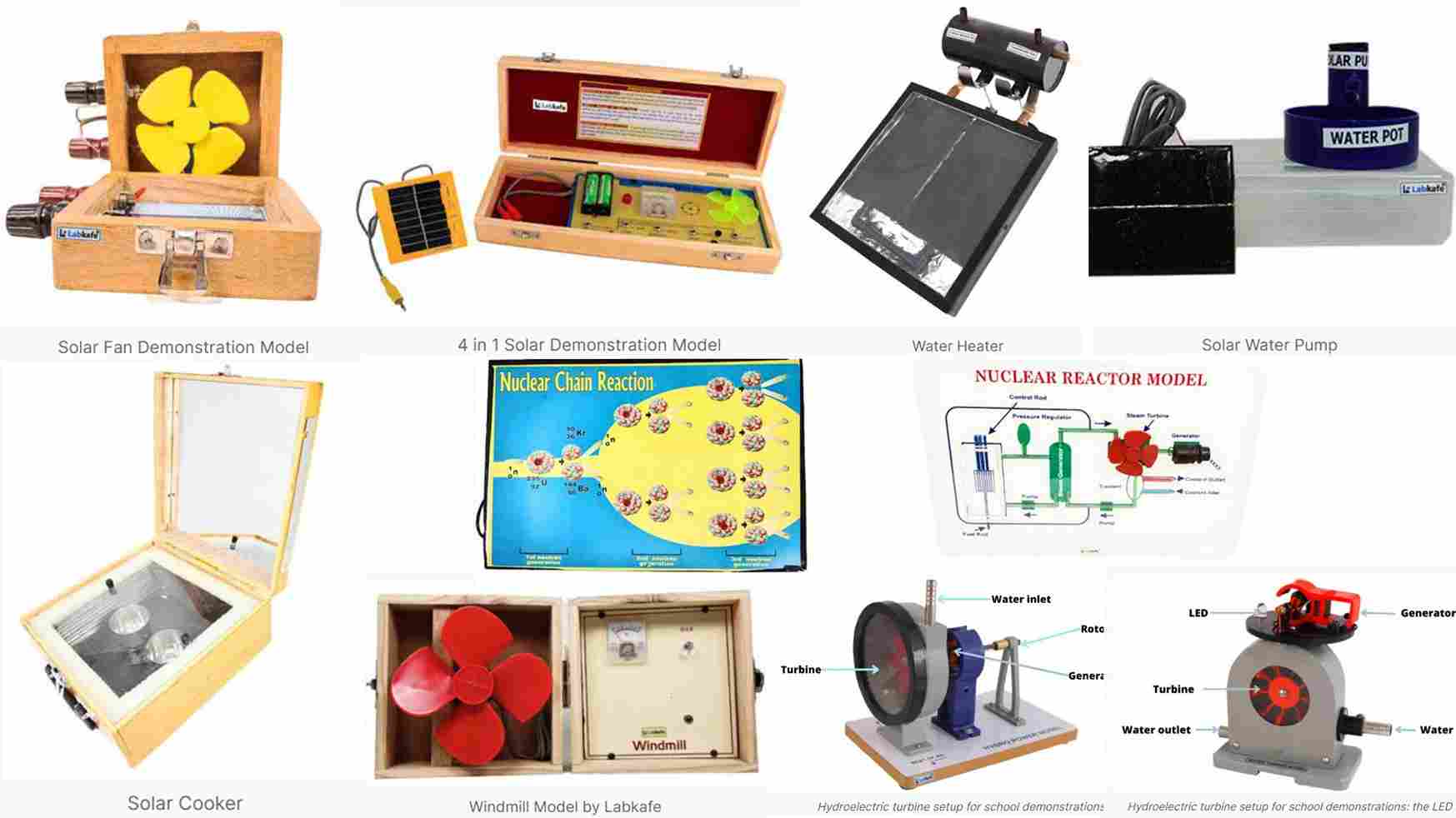
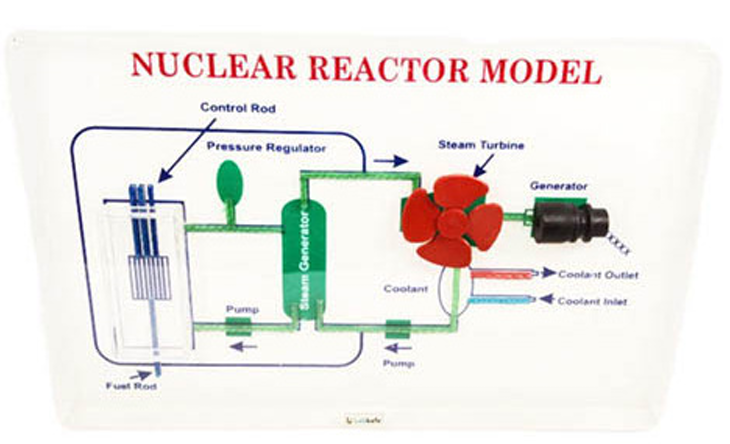
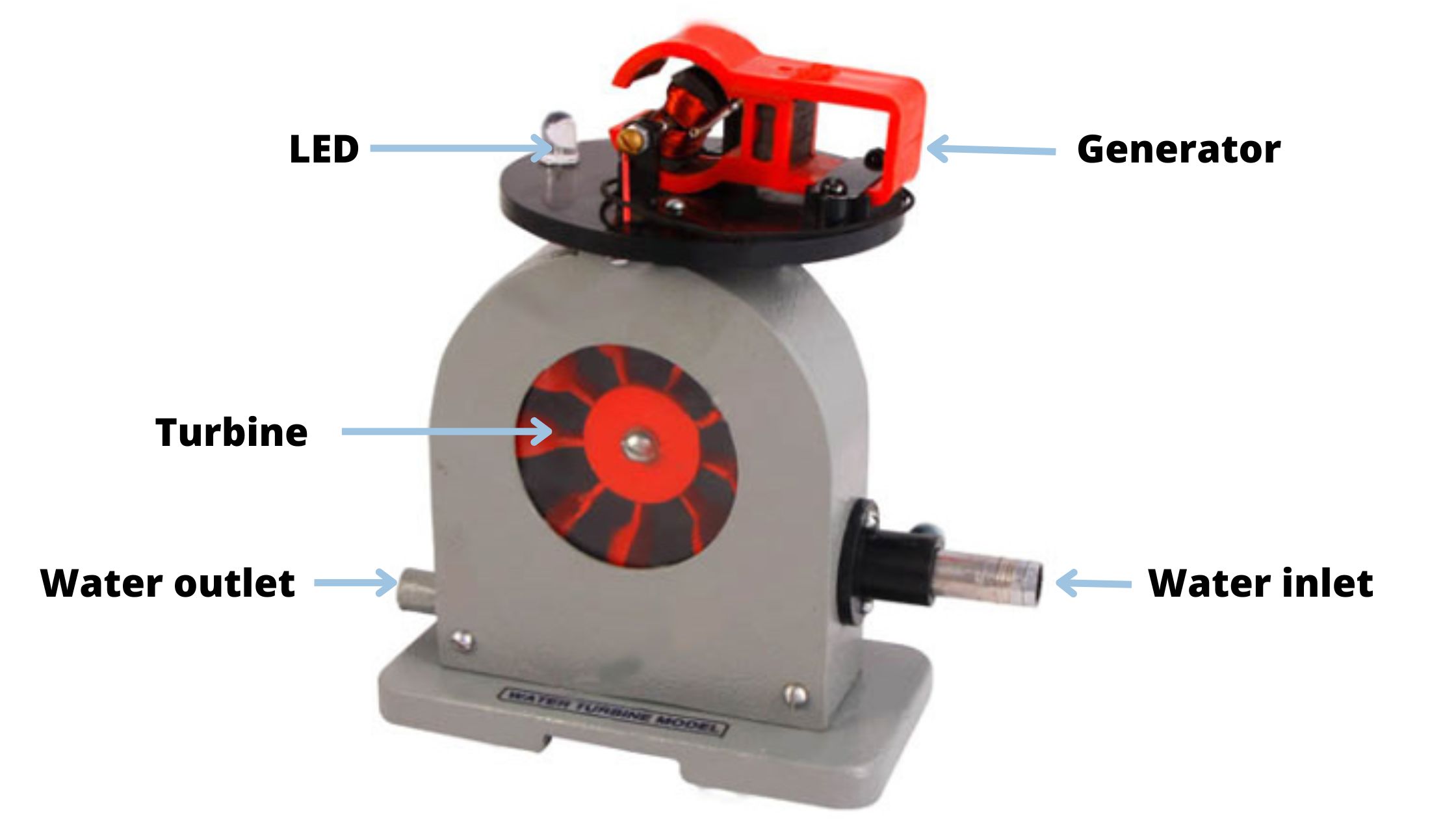
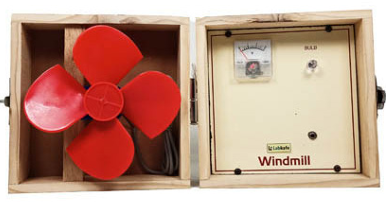
Leave a Reply